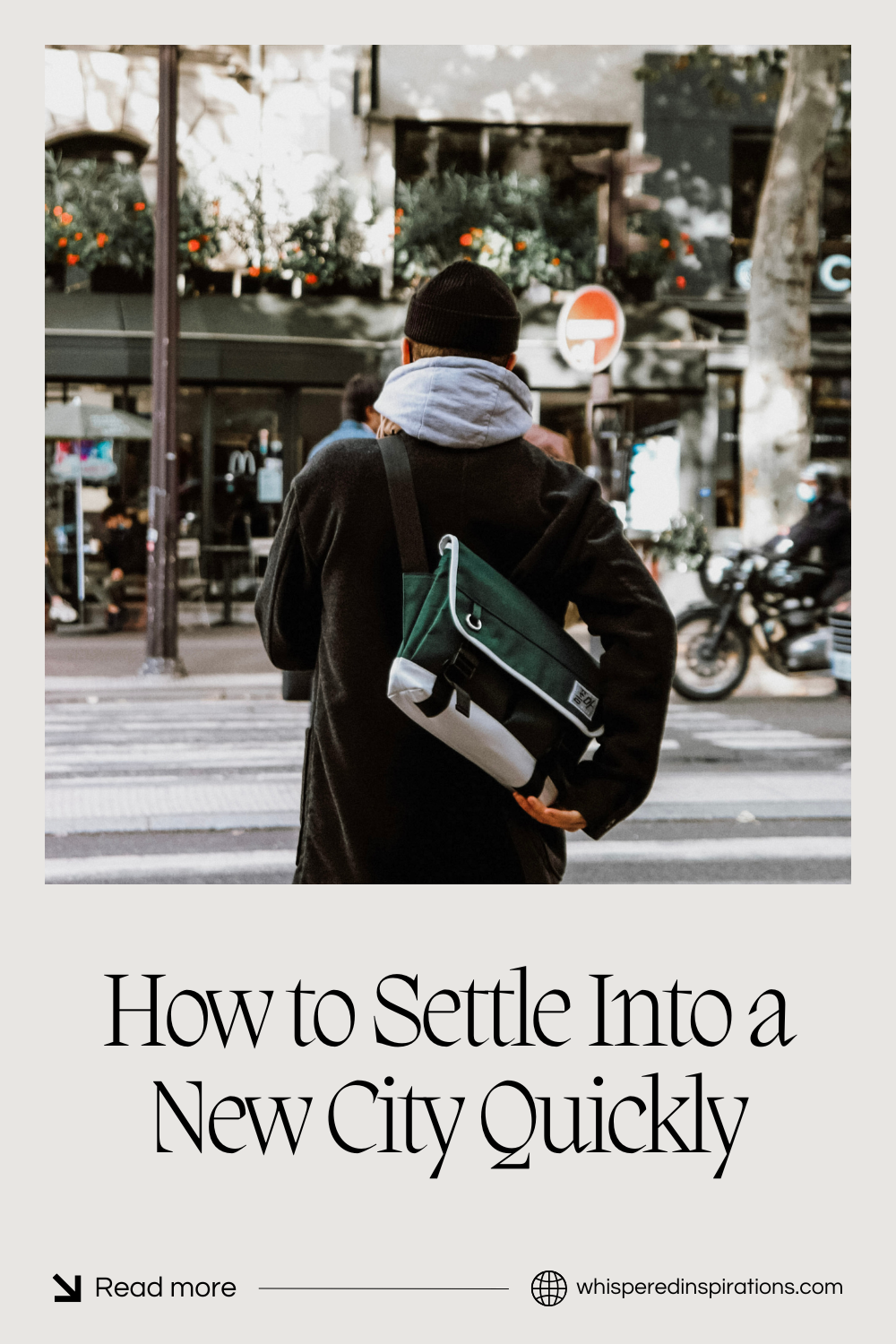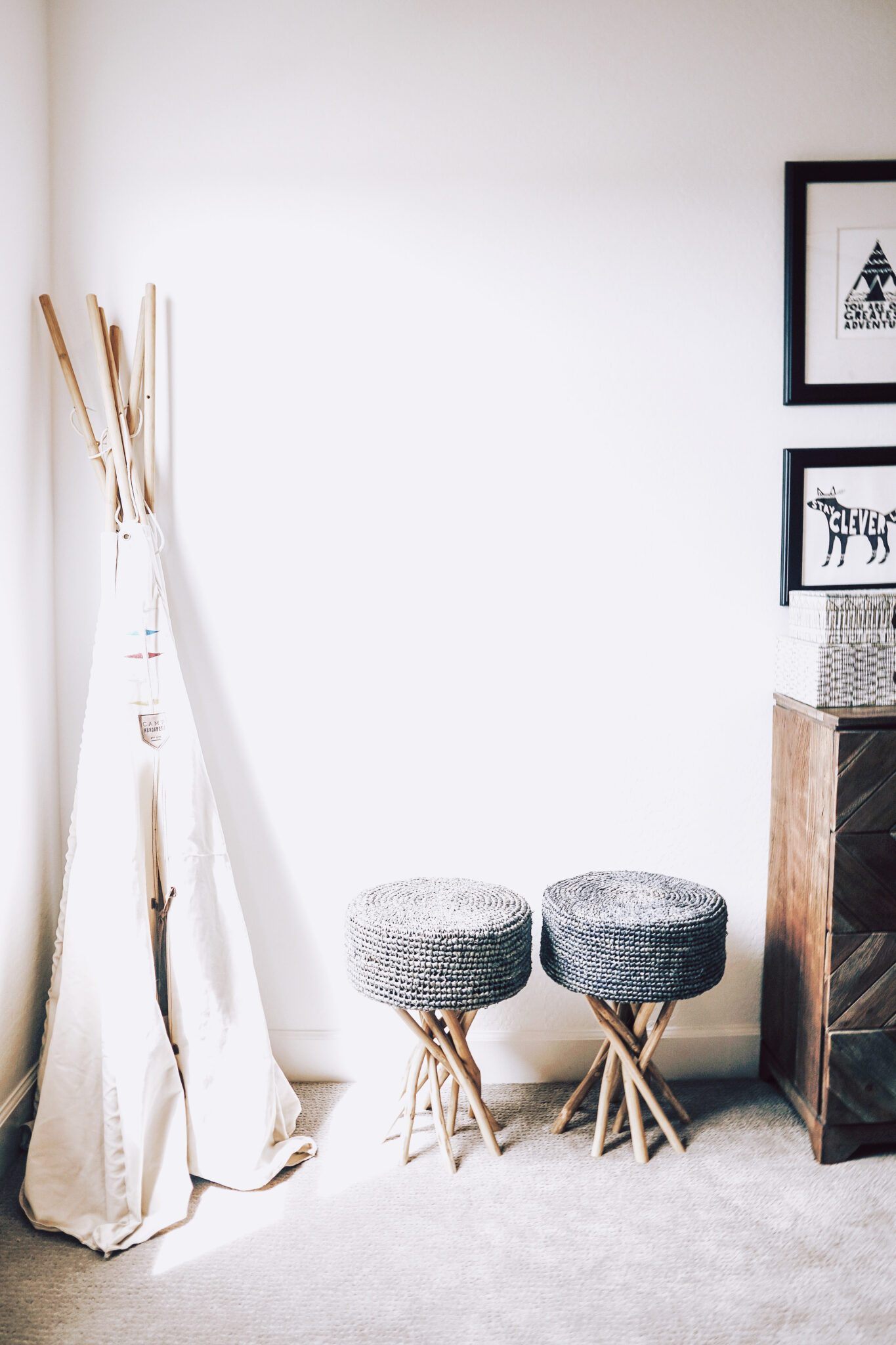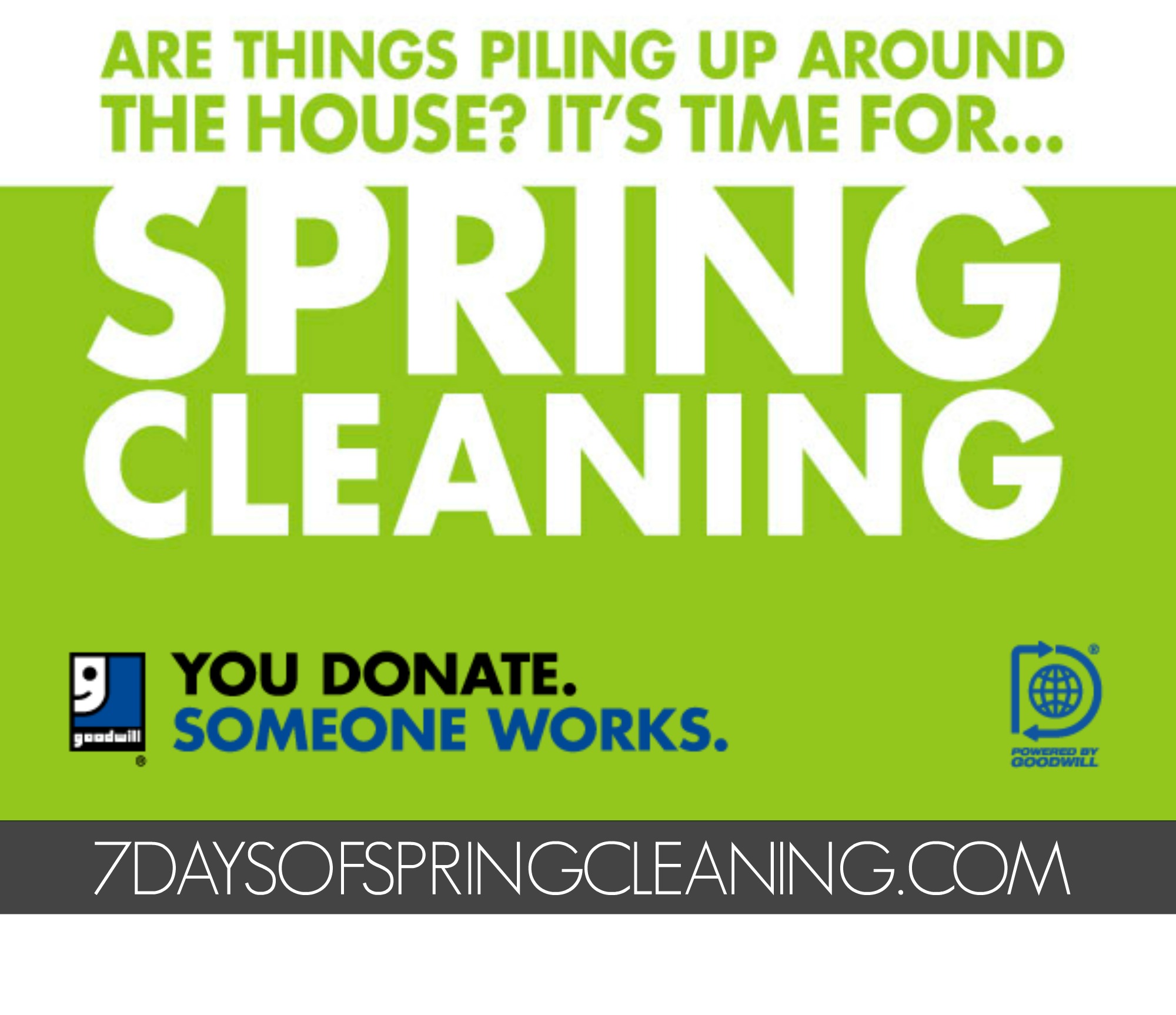How to Settle Into a New City Quickly
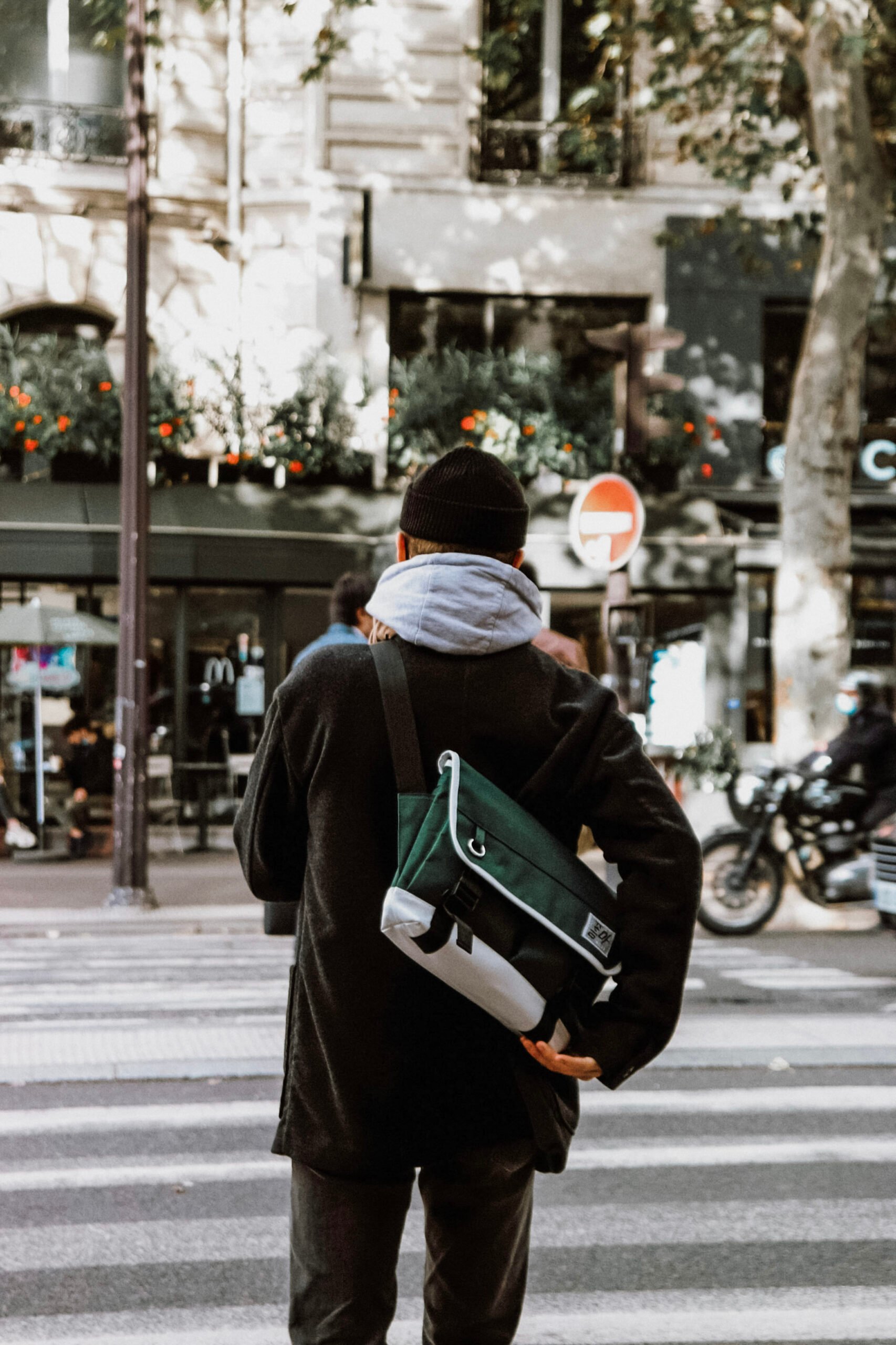
How to Settle Into a New City Quickly
Have you ever landed in a new city and feel like you’re playing a weeks-long game of “where does everything go?”
Columbus, like many mid-sized cities that have grown fast in the past few years, can throw that at you.
Between shifting job markets, inflation nudging people toward smaller metros, and more remote workers moving away from coastal hubs, resettling feels different now than it did five years ago.
In this article, we will share how to get grounded fast.
Start by Anchoring the Basics
The first days in a city are rarely about finding a favorite restaurant or knowing shortcuts. They’re about getting the simple, but critical parts of life set up quickly.
A new address means rerouting mail, setting up utilities, learning where the nearest clinic or grocery store is, and having reliable transport figured out.
Neglecting these early steps creates a drag that can stretch for weeks, turning what should be a fresh start into a constant scramble.
In fast-growing places like Columbus, where competition for rentals and services has increased, speed matters. Many people moving in are not just locals relocating but remote workers from more expensive states.
This means waitlists for housing and services can run longer than expected.
Using trusted local help early can save time, especially when it comes to heavy lifting. Finding professional movers in Columbus allows a smoother shift from arrival to settling because the transition to an unpacked, functional home happens days sooner.
Having your home livable early creates space for everything else, whether that’s meeting new people or scouting your neighborhood without feeling behind.
The broader trend of Americans leaving pricier metros for cities like Columbus also comes with a practical reality: fewer personal connections nearby.
Without old friends to lean on for a truck or last-minute help, paying for reliable services can be the difference between a chaotic first week and one that feels like progress.
That choice—getting the basics handled fast—lays the foundation for adjusting socially and mentally, which often matters more than we realize until we’re knee-deep in unopened boxes.
Build Social Momentum Early
Even for those who like their own company, an empty social calendar can quickly shift from peaceful to isolating.
Cities can feel anonymous, especially when they’re not walkable enough for chance interactions to create natural connections.
The post-pandemic push toward remote work has amplified that, with many newcomers not tied to a physical workplace where introductions happen by default.
Instead of waiting for the city to feel smaller, it helps to start building momentum intentionally.
Checking out community classes, volunteer opportunities, or casual meetups can create a rhythm where you’re seeing familiar faces by the second or third week.
This doesn’t need to be about making close friends immediately. It’s about replacing the void of total unfamiliarity with a sense of routine human contact, which makes the adjustment period less disorienting.
For younger professionals, this often comes through networking events, co-working spaces, or hobby groups.
For families, it can start with neighborhood associations, school events, or even casual playground conversations.
While social apps exist, relying solely on digital connections typically slows the process of feeling rooted.
People who create in-person ties early tend to feel at home faster because they build a real-world context that makes the streets and neighborhoods less abstract.
Learn the City Through Repetition, Not Checklists
Many new arrivals try to “see” the city through a series of first-time experiences, thinking a weekend of landmarks and food spots will spark familiarity.
That rarely works.
What tends to stick more is finding a few spots that serve a functional purpose and returning to them until the city starts to feel predictable.
A coffee shop near your home, a park for daily walks, or a grocery store where you start recognizing the layout can do more for a sense of belonging than rushing through attractions.
Repetition builds a sense of territory faster than novelty because it reduces the cognitive load of constant decision-making.
Instead of every errand feeling like a mini-research project, familiar spots allow the city to shrink to a human scale.
Once the routine is comfortable, exploring other areas feels like a choice rather than a necessity, which changes the emotional tone of adjusting.
Recent shifts in urban development have made this even more practical.
Many mid-sized cities, including Columbus, are leaning into “15-minute neighborhood” concepts where basic needs cluster within walking or biking distance.
Finding your own pocket of predictability inside a new city can speed the feeling of home, even if the rest of the map still feels foreign.
Know When to Embrace Temporary Chaos
No move avoids every problem, no matter how organized. Deliveries get delayed, jobs bring unexpected hours, or local bureaucracy throws curveballs.
Trying to force every detail into immediate order can make the adjustment more stressful.
It helps to accept that some parts will be messy for a bit. Temporary chaos feels more tolerable when the core of your life—housing, basic services, a few regular social interactions—is already stable.
Current migration trends suggest this skill is becoming more important, as more people move for economic reasons rather than family ties or long-term plans.
That often means fewer built-in supports and more reliance on personal adaptability. The goal isn’t to make the chaos vanish, but to keep it from defining the experience.
You May Also Like:
- Tips For Moving Into Your Dream Home
- 4 Tips for Moving in With Your Partner
- 5 Tips to Prepare Your New Home Before Moving In
- Tips for Buying Your First Home
The more quickly you can separate solvable hassles from passing disruptions, the easier it becomes to settle emotionally, even if the practical side takes longer to fully lock into place.
Settling into a new city feels less like waiting for a sense of belonging to appear and more like stacking actions that shrink the unknown.
Handling logistics quickly, building light social ties, and carving out predictable routines help create a base where everything else feels manageable.
Treating the first month as a sprint rather than a slow drift can turn a new city from a challenge into a place that actually feels like yours.
Do you have any tips for how to settle into a new city quickly?
Let me know, til then—cheers m’deres!

PIN FOR LATER:
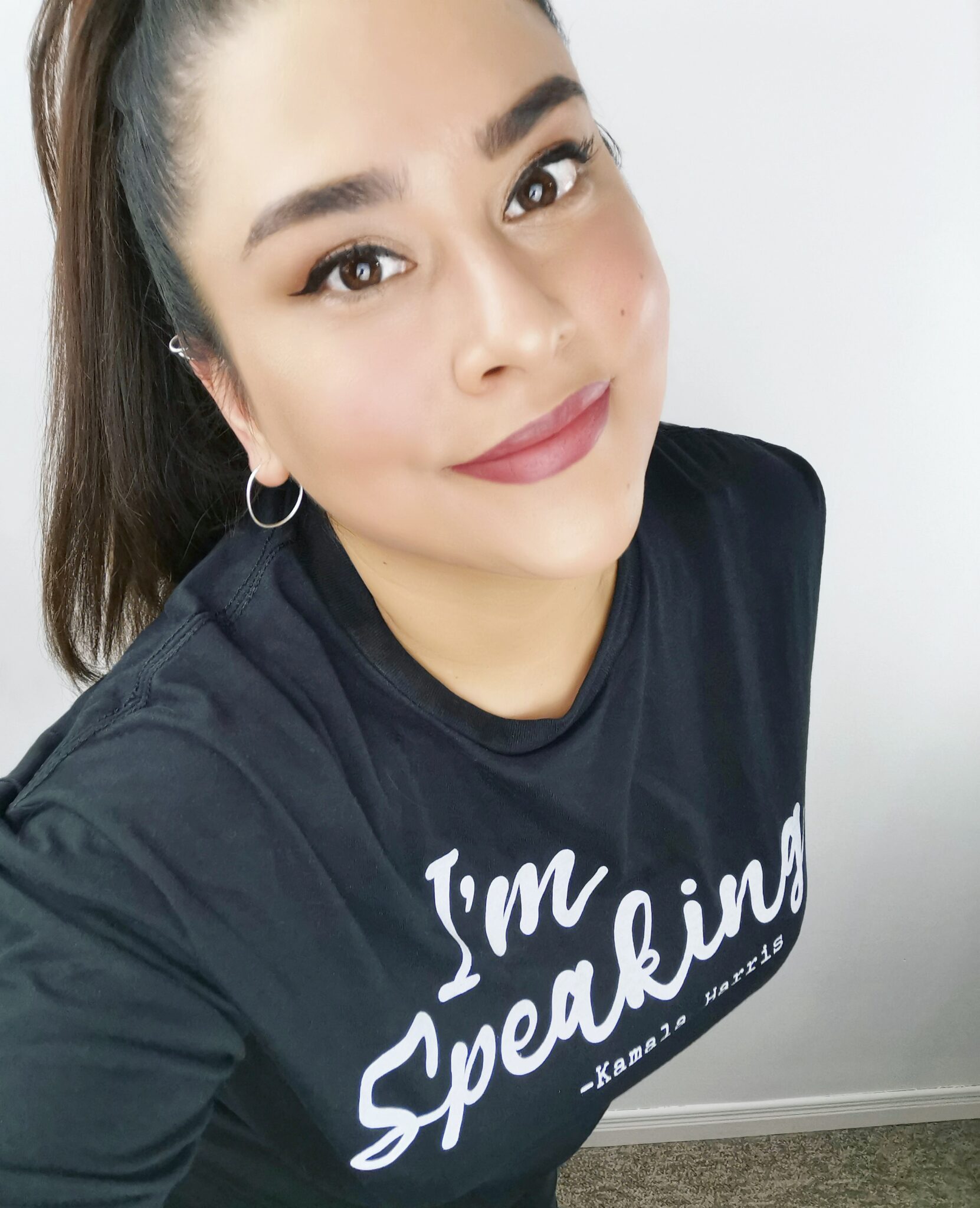
Nancy Polanco is a freelance journalist, lifestyle content creator, and editor of Whispered Inspirations. She is a proud Mom to Gabby and Michaela and partner and best friend to Darasak. Having worked as part of a health care team for almost a decade, Nancy is happy to be back to her passion. She is a contributor to the Huffington Post, TODAY’s Parents, and an Oprah Magazine Brand Ambassador.

